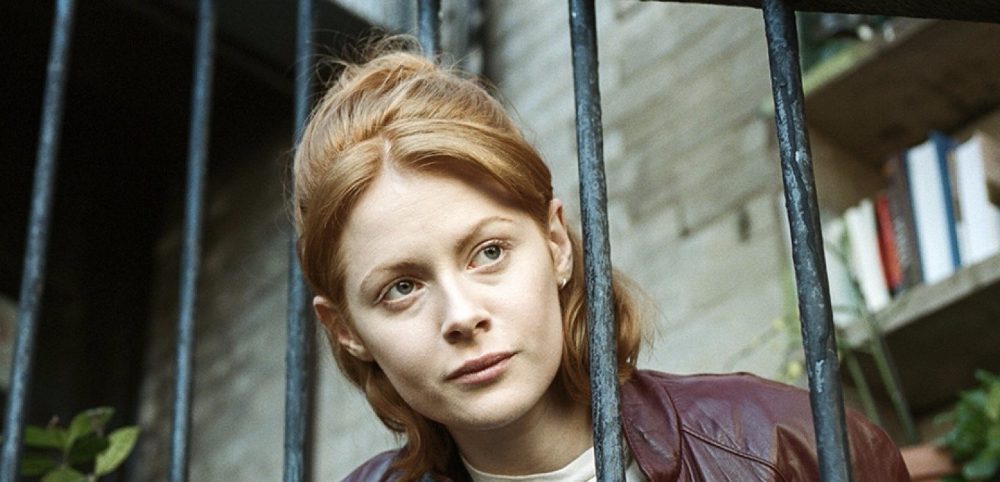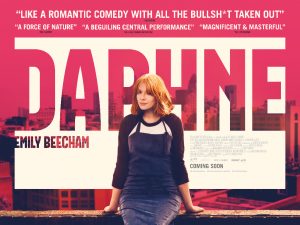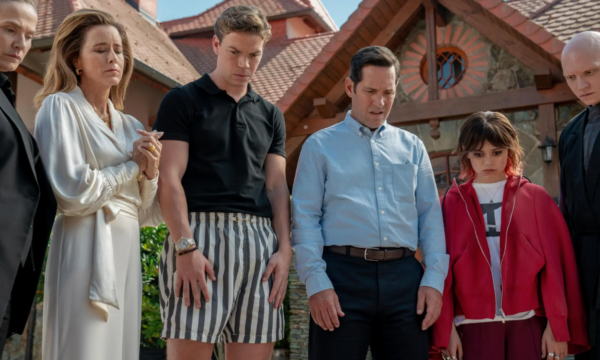Daphne

Debut films can sometimes achieve effortlessly a level of intimacy, immediacy and freshness that seasoned directors cannot always deliver. Scottish director Peter Mackie Burns accomplishes just that with his magnificent first full feature Daphne. Focussing solely on its central character, the movie initially appears to be a sketchy look at the busy life of a single woman. The story, however, quickly develops into a three-dimensional and strikingly effective analysis of the emotional undercurrents usually muted by the noise of the big, and sometimes unforgiving, city.
Daphne is a 31-year-old chef living, or rather surviving, in London. She alternates work and partying without any real emotional involvement, going through the motions and hardly reacting to anything, even the news of her mother’s illness. Her cynicism and arrogance keep most people away and she refuses to invest in relationships or friendships, opting for casual sexual encounters instead. Daphne’s tough exterior is finally shaken one day when she witnesses a stabbing. To her surprise (and the viewer’s) she is affected by the scene more deeply than expected. When she realises that she has no one to talk to about the incident, she is forced to reassess her life.
Daphne is much more than a character study. While it is indeed a masterful portrayal of loneliness, there is a strong emphasis placed on the city that shapes the protagonist’s experience. London plays such a big part in that it’s embedded into the characters’ inner make-up. It becomes clear in the film that the dynamics of the city are absorbed by its inhabitants and dictate their behaviour, reactions and triggers. The sensitivity that would usually characterise human connections is numbed by potential danger, feelings are rejected in self-defence and passive aggressiveness becomes a weapon adopted for survival.
Emily Beecham is superb as the stubborn, rude, yet emotionally vulnerable protagonist. It would have been easy to overdo the character or miss the mark, but Beecham is wonderful at keeping her interesting in spite of the relatively uneventful story. While the central character inevitably attracts plenty of attention, this is essentially an ode to London itself, and the inclusion of the fascinating social frame that supports Daphne is what makes the film complete.
The most striking aspect of this picture is that it feels genuine. Aside from a couple of episodes that seem contrived (such as a drunken Daphne causing havoc at work), the action is otherwise so natural that it is easy to get absorbed in the story and root for this unlikable character. Powerful, raw, yet beautifully understated, Daphne has an undeniable pull, just like its protagonist and London. Anyone who has experienced the city will appreciate the accuracy of the picture it depicts.
Mersa Auda
Daphne is released nationwide on 29th September 2017.
Watch the trailer for Daphne here:


















Facebook
Twitter
Instagram
YouTube
RSS